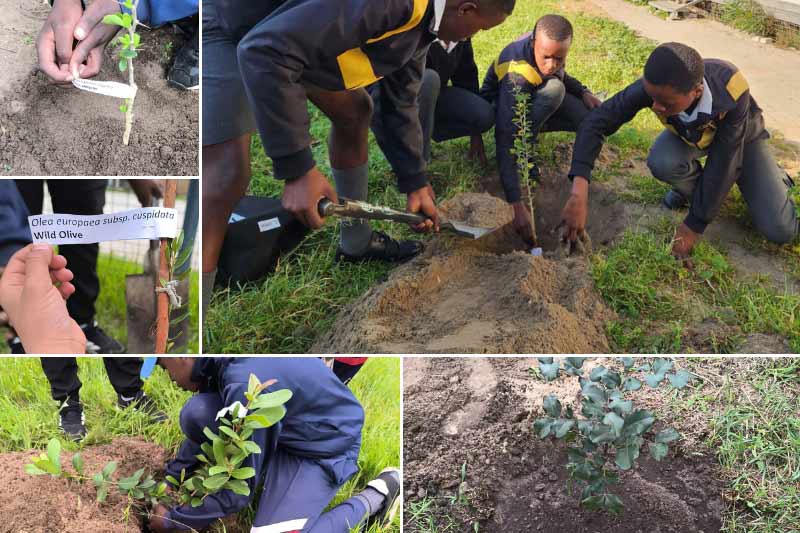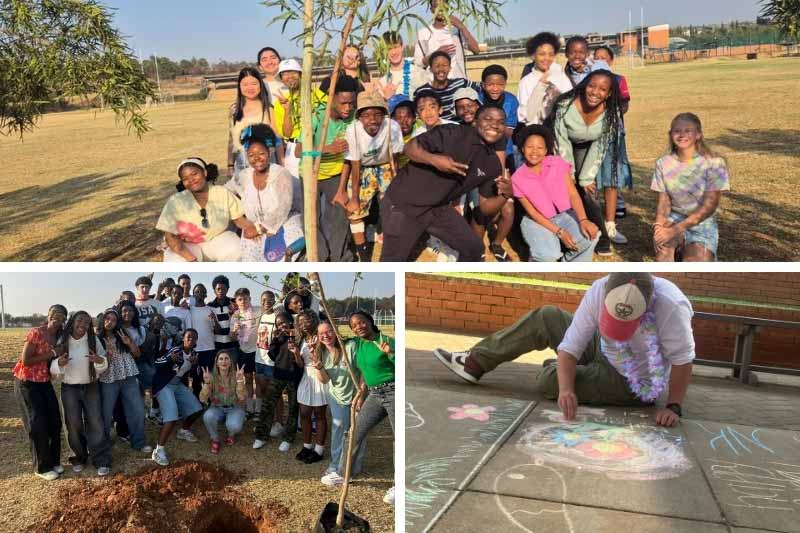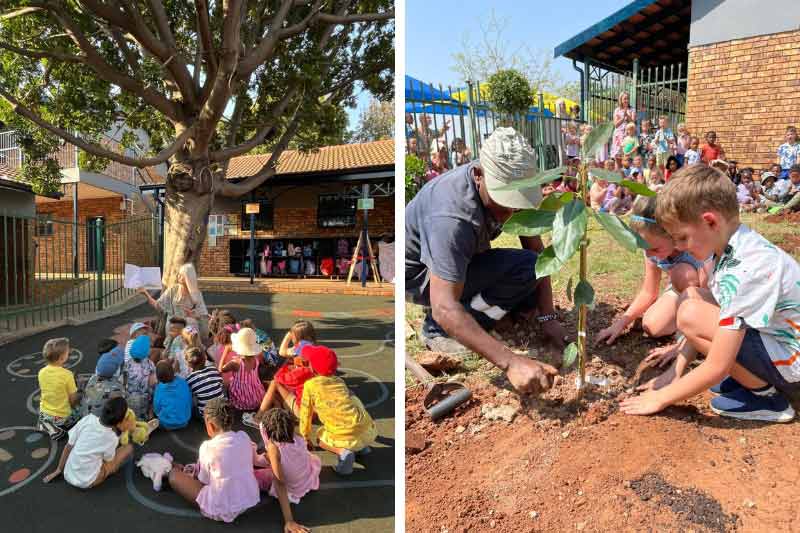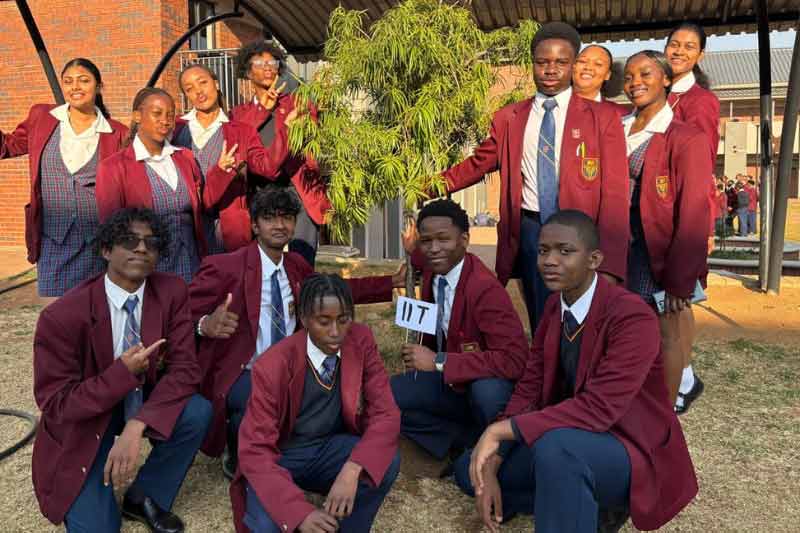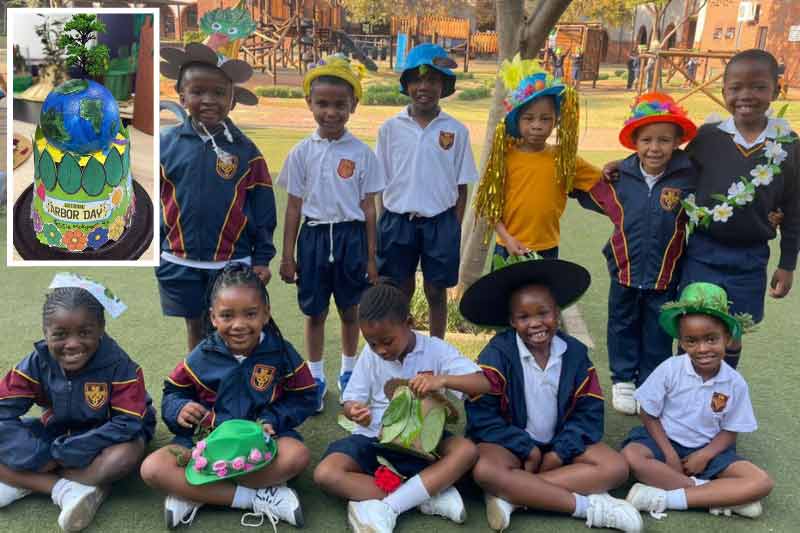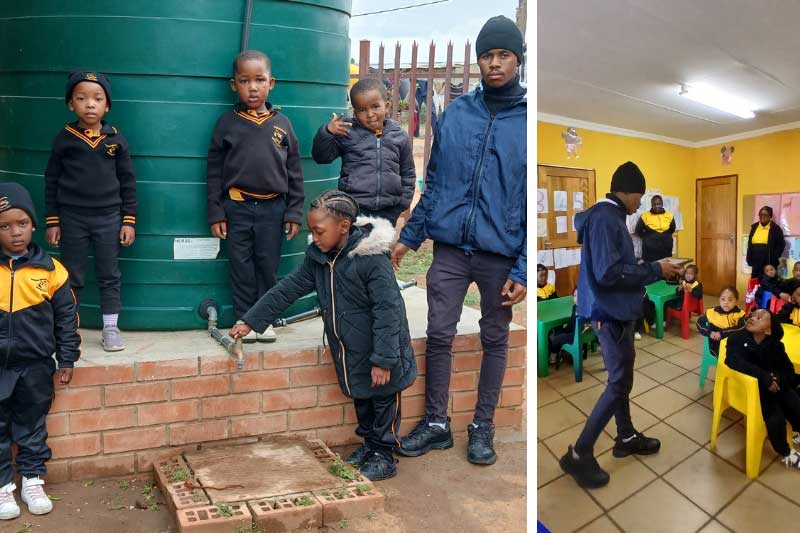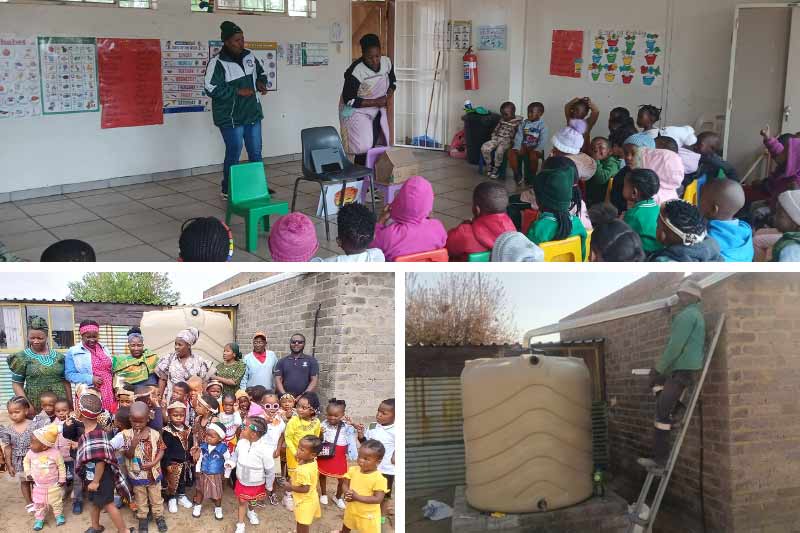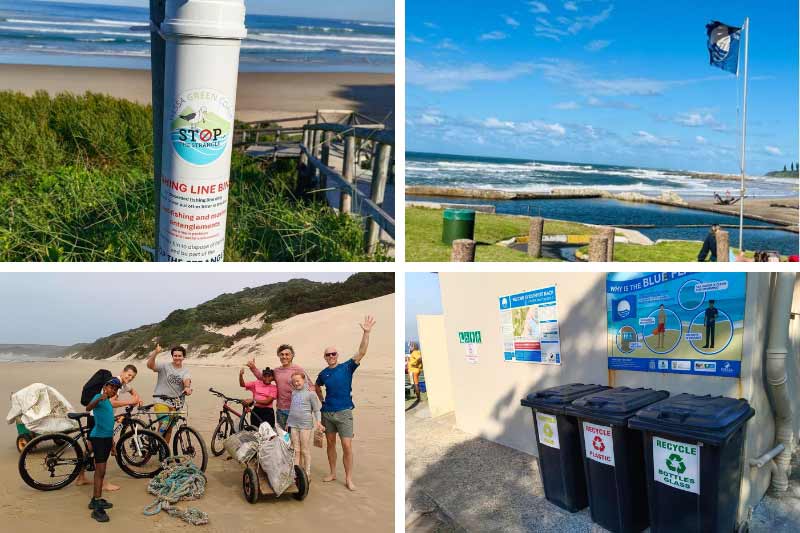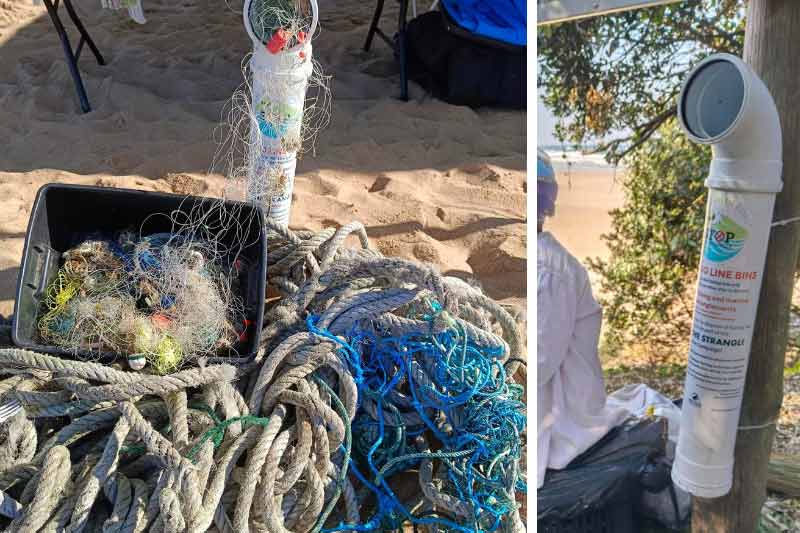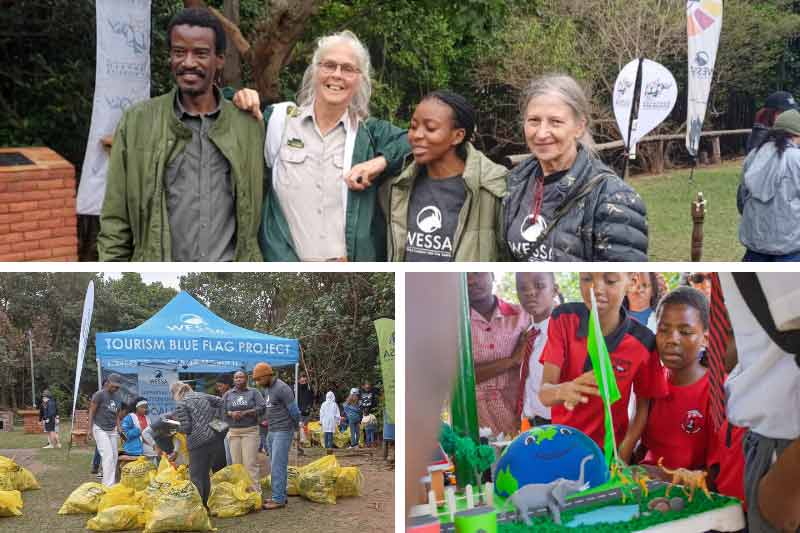
WESSA members in action: September highlights
September was a month full of action, advocacy, and community engagement for our WESSA members and volunteers. From plant fairs to coastal clean-ups and tree planting, our members have been living out WESSA’s mission to educate, advocate, and act for the environment. Here’s a look at what they achieved:
Arbor Day at Umbogavango Nature Reserve
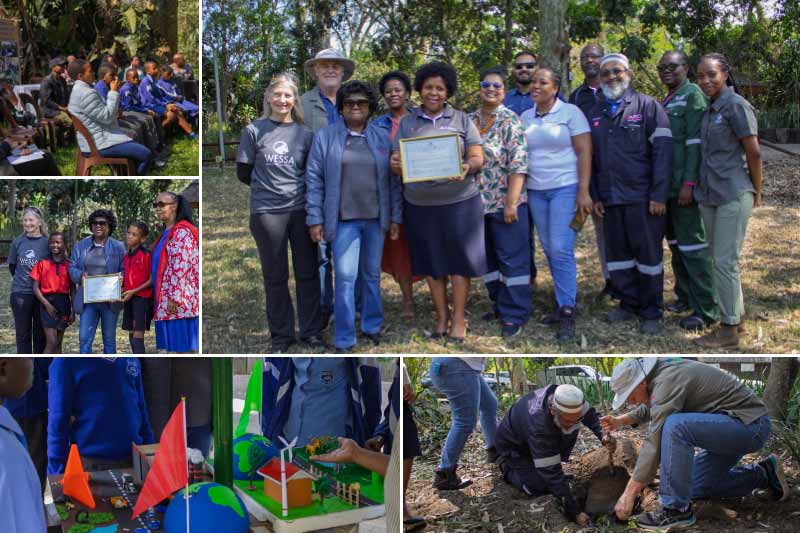
At Umbogavango Nature Reserve, 50 participants gathered to celebrate Arbor Day —now expanded to National Arbor Week, which takes place annually from 1 to 7 September annually— through a day of education, action, and community spirit. The programme included interactive climate exhibits, engaging talks, and the planting of 15 new trees. Partners were honoured with certificates, and the event closed with a shared meal and a refreshing nature walk, strengthening connections between people and planet.
Plant Fair at Durban Botanical Garden
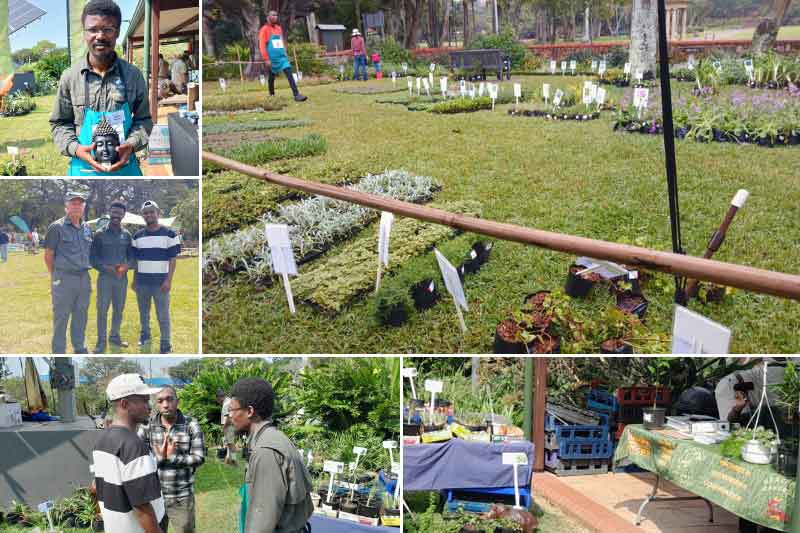
On 6–7 September 2025, volunteers Lufuno Khabane and Lungelo Mbili represented WESSA at the annual Plant Fair hosted by the Botanical Society (KZN Coastal Branch) at the Durban Botanical Garden. The two-day event featured plant sales, educational booths, and expert talks. Our volunteers played a vital role in networking with attendees and promoting WESSA membership, helping to grow our community of environmental stewards.
International Coastal Clean-Up Day at Beachwood Mangroves
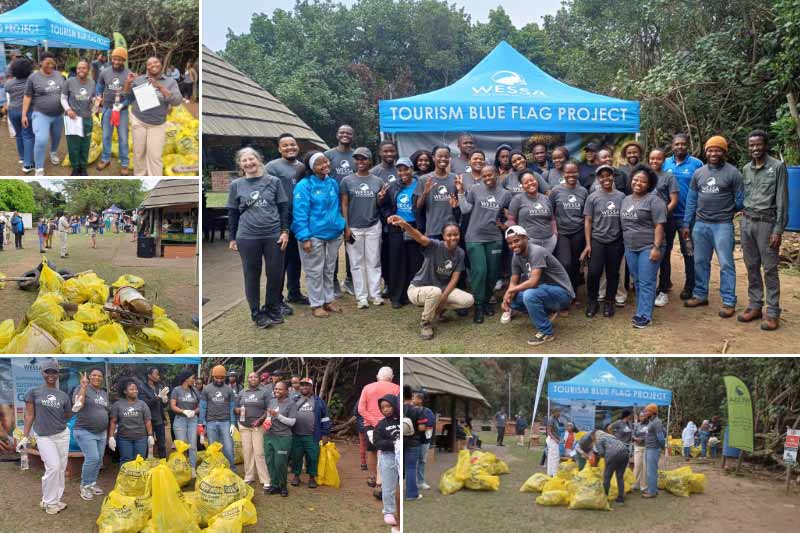
Marking International Coastal Clean-Up Day on 20 September 2025, WESSA members joined forces with local organisations and the North Durban Honorary Officers to tackle litter at Beachwood Mangroves Nature Reserve. Despite challenging weather, more than 500 participants, including schools and community groups, came together to collect over 1.5 tonnes of trash. The team gathered and analysed over 200 bags of waste, contributing valuable data on the types of litter polluting our coastline. This event continues a proud tradition, with the Honorary Officers leading clean-ups at this site for the past 25 years.
Thank you to all our members and volunteers who gave their time and energy in September. Your efforts continue to inspire positive change and build a more sustainable future for all.
